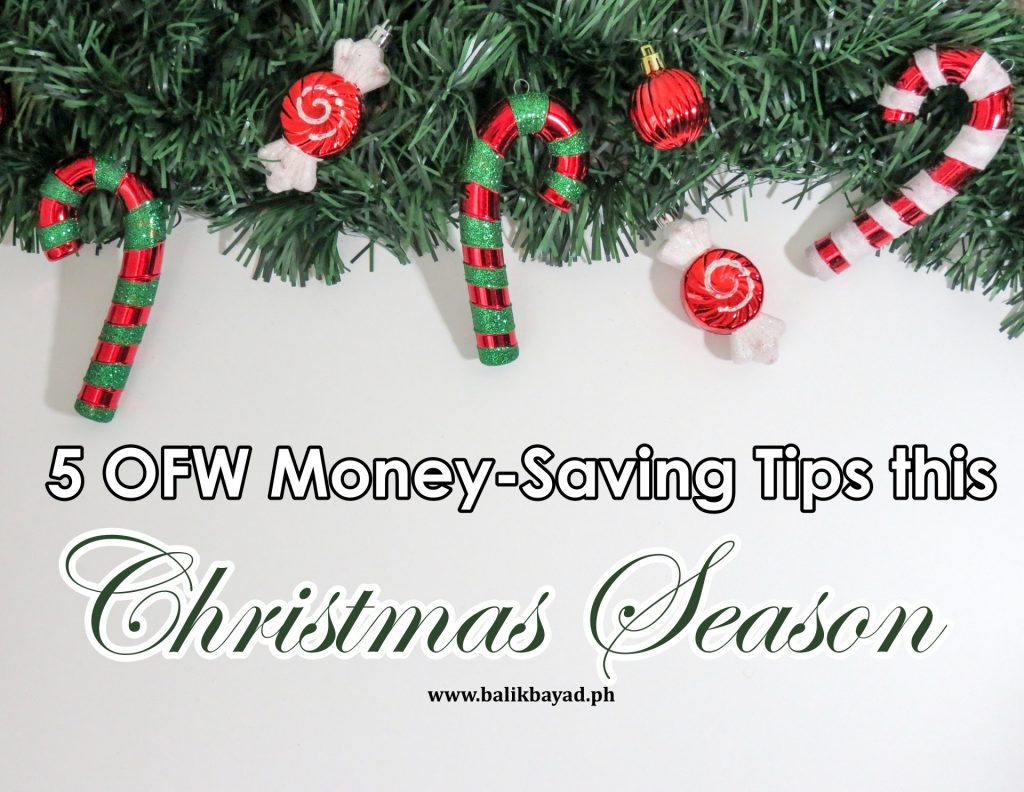Why do you want to work abroad? For many people, it’s the idea of earning in dollars and being able to provide a better life for the family.
Despite that, there are still instances when it seems like your monthly income is not enough to cover your family’s daily needs. Plus, you want to open a new business so you don’t have to work overseas again. In that case, you can turn to OFW Loan for help.
Here’s everything you need to know about OFW Loan:
What is an OFW Loan?
This type of loan is a financial assistance specifically catered to Overseas Filipino Workers. OFW Loan can be a personal loan, auto loan, or even a housing loan, but with special terms and conditions that will suit the needs and only applicable to OFWs and their families.
Who are qualified to borrow?
- Workers who are currently working abroad and with active employment contract.
- Balik Manggagawa, or workers who previously worked abroad and planning to go back but have no specific funds.
- First time OFWs
Unfortunately, ex-OFWs or those with no existing Overseas Employment Contract (OEC) ware not qualified to apply for any type of OFW Loan since OEC is among the requirements. Still, you can avail of the ordinary type of loan from lenders depending on your specific needs.
What are the allowable reasons to avail of OFW Loan?
There are many reasons why you need to apply for a loan. Nonetheless, banks and private lenders are careful when it comes to the purpose. They won’t allow “to buy a new phone” or “for shopping” as your reason to borrow money.
Below are the allowed reasons to apply for a loan:
- Acquire a new home
- Home construction or renovation
- Purchase of a car
- Process and pay work-related documents and plane ticket
- Start a new business or expand an existing one
- Start a new livelihood through the OWWA Reintegration Program
- Pay off personal or emergency expenses such as medical bills or your kids’ tuition fee
What are the requirements when applying for an OFW Loan?
Each lender has their own set of requirements. Still, here are the most basic requirements you need to prepare to fast-track the processing of your loan application:
- Borrower must be between 21 to 65 years of age at the time of loan application. This gives lenders a peace of mind that the loan will be repaid because you are still capable of working.
- Working overseas for at least two years, thereby proving a stable source of income.
- Monthly loan repayment must be at least 50 percent of the income.
- Having a co-borrower, which gives lenders a peace of mind that when something happens, the loan will still be repaid.
Aside from these requirements, you are also required to submit the following documents:
- Application form with picture and signature
- At least one government-issued ID
- Proof of employment such as payslip or employment contract as validated by the Philippine Embassy or Consul.
- Special Power of Attorney (SPA) if the application will be processed by a representative in your behalf.
Are you ready to apply for a loan? In that case, Balikbayad is here to help. Submit your loan application now and we’ll get back to you as soon as can.

 Pasko na naman! Surely, your family back home has a long list of bilin – and they are expecting to see every single item inside the balikbayan box. After all, you only go home once a year, so you want to make sure that every member of the family is happy.
Pasko na naman! Surely, your family back home has a long list of bilin – and they are expecting to see every single item inside the balikbayan box. After all, you only go home once a year, so you want to make sure that every member of the family is happy.